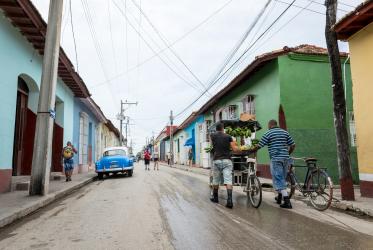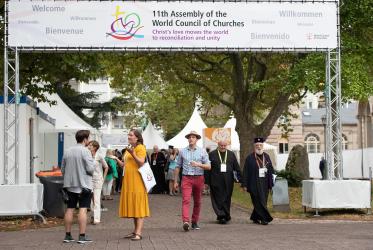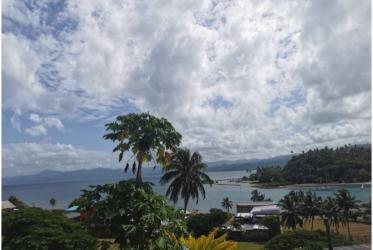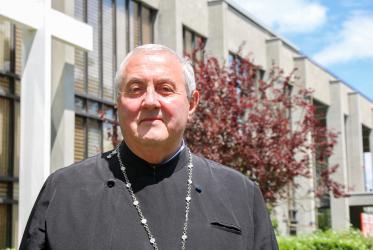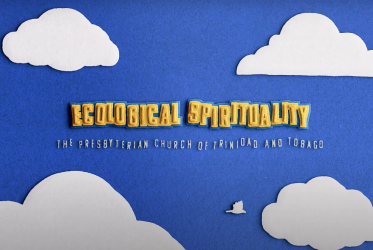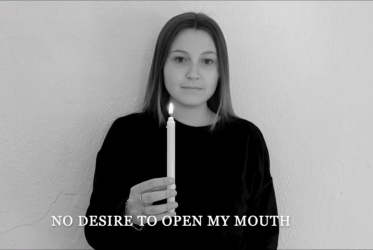Displaying 1 - 20 of 27
17 April 2024
Ecumenism in the Philippines means hope and resilience
22 August 2023
Migrants in Argentina find listening ears and open hearts
04 November 2022
WCC shares greetings with Jamaica Baptist Union
24 February 2022
Caribbean churches make clarion call for reconciliation
21 February 2022
Women in Argentina walk in solidarity with women of Afghanistan
23 September 2021






